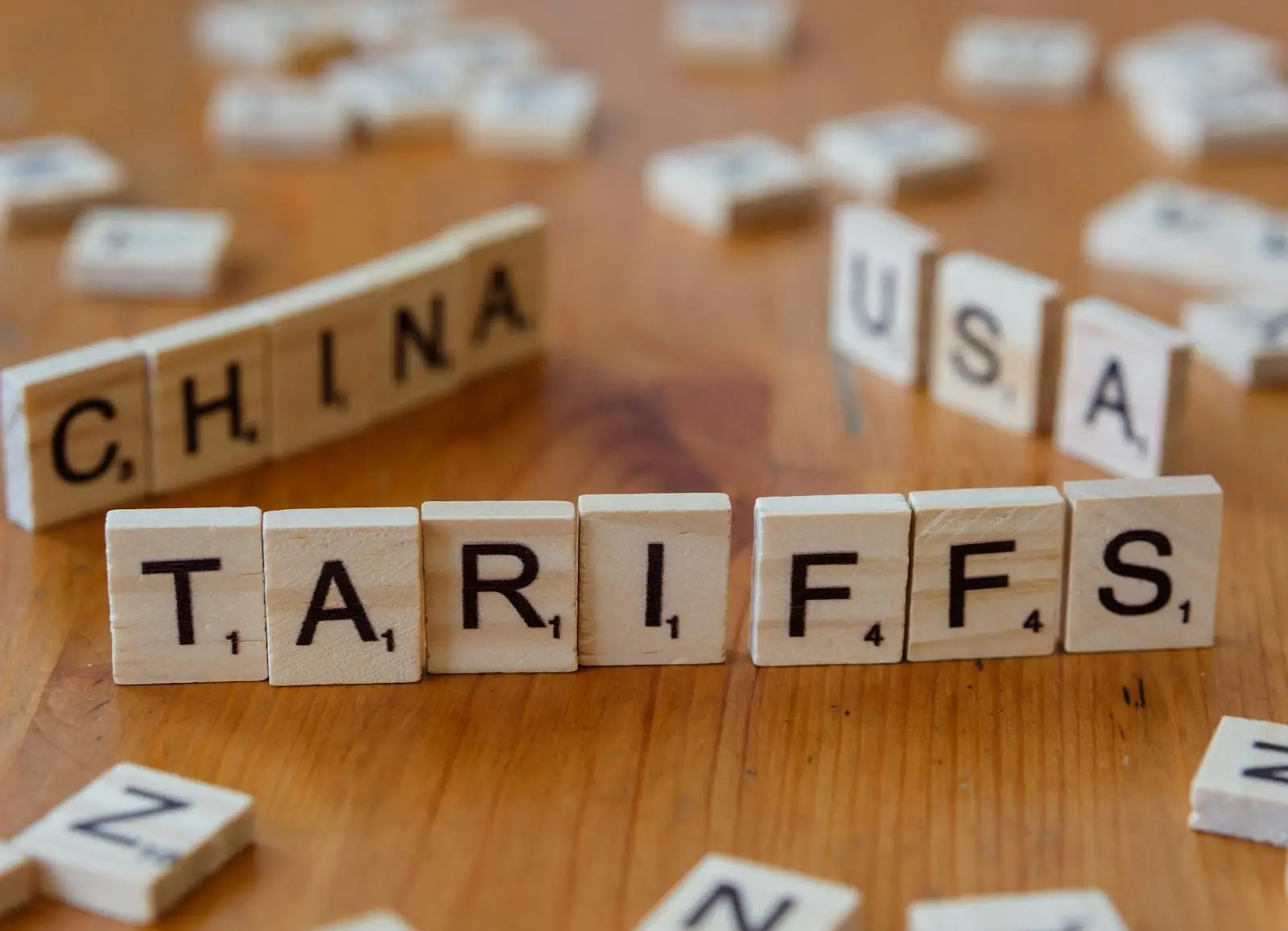A recent study reveals that Booking.com users could be paying significantly more depending on the device they use to make reservations.
The British newspaper Daily Mail has carried out an investigation and found that room prices can differ by up to 52% when booking through a desktop or laptop computer compared to a mobile device, suggesting that savvy travelers could save a substantial amount by simply switching to a smartphone app.
The study examined 35 hotels listed on Booking.com in popular travel destinations across the UK and Europe, including Tenerife and Mallorca in Spain. It focused on reservations for a family of three booking one room and a family of four booking two rooms for the night of October 31.
The findings revealed that, on average, prices were 16% higher per night when booking on a desktop or laptop, translating to £50 (€60) more for each reservation.
The most striking example was London’s Cumberland Hotel, where a family of four paid £388 (€463) when booking two rooms through Booking.com’s mobile app but £588 (€702) for the same rooms when booked via the website—a staggering 52% difference.
The report showed that 30 out of the 35 hotels reviewed had price increases ranging between 4% and 52% when booked through a desktop website.
According to a Booking.com spokesperson, hotels have the ability to set their own prices on the platform and may offer exclusive mobile-only rates to attract customers. This strategy is meant to encourage more users to book through mobile devices, where travelers are presented with special offers that are not available on the desktop version.
For families booking multiple rooms or travelers planning extended stays, these price disparities can add up quickly. The report highlighted that families of four paid an average of £49 (€58) more per night when booking through the desktop version of the site, while families of three paid around £36 (€43) more for a single room.
This pricing difference could be due to the way hotels distribute their room rates across various platforms and devices, with some opting to reward mobile users for their flexibility and spontaneity.
The findings raise questions about the transparency of hotel pricing on booking platforms and underscore the importance of comparing prices across different devices before making a reservation.
Travelers can potentially save hundreds by simply checking the Booking.com mobile app for lower rates. This method could become a go-to strategy for cost-conscious travelers looking to get the best deal on their accommodations.
The Daily Mail investigation also suggests that travelers may want to take additional steps, such as clearing browser cookies or using incognito mode on their devices, to avoid price fluctuations based on browsing history or location data.
Booking.com’s pricing structure is not unique in the travel industry. Many platforms and hotels implement similar strategies to differentiate rates based on the customer’s browsing behavior, device, and even location. While this can offer discounts to certain users, it also creates a confusing landscape where travelers need to be more vigilant to secure the best prices.
As hotel pricing models evolve, consumers are encouraged to stay informed and leverage every tool available, whether that means using mobile-exclusive offers, checking prices on different devices, or signing up for newsletters to receive alerts on the best deals.
While hotels on Booking.com set their own prices, travelers can use these insights to navigate the pricing discrepancies and ensure they’re getting the best possible rate for their trips.













